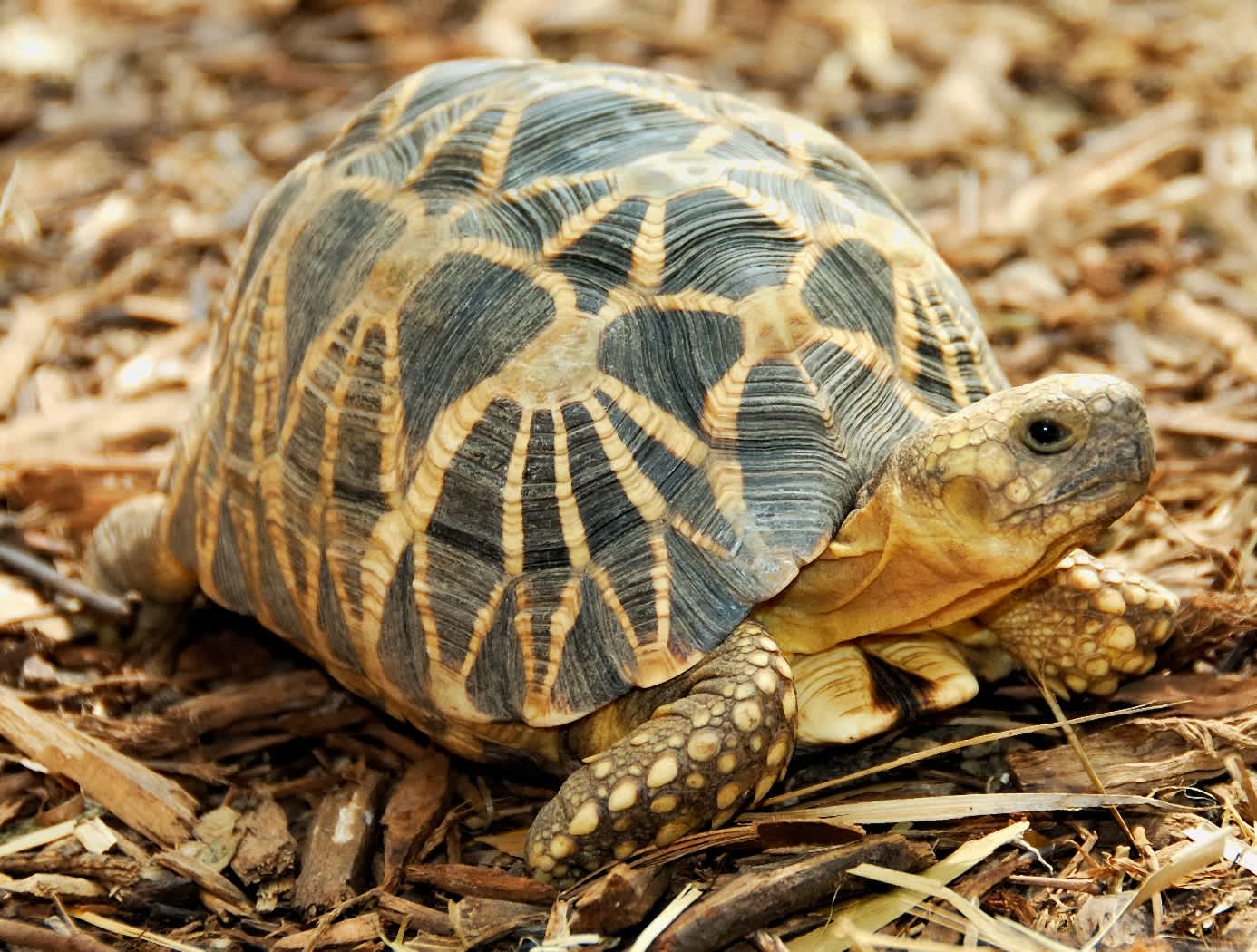Wildlife Conservation Society Launches Global Effort to Save Critically Endangered Turtles from Extinction
OutdoorHub 04.11.12

The Wildlife Conservation Society announced today a new strategy that draws on all of the resources and expertise across the institution – from its Zoos and Aquarium, Global Health Program, and Global Conservation Programs – to take direct responsibility for the continued survival of some of the world’s most endangered tortoises and freshwater turtles (collectively referred to as turtles).
The strategy involves preventing the extinction of at least half of the species appearing in a 2011 report by WCS and other groups that listed the 25 most endangered turtles and tortoises on the planet.
WCS will breed and reintroduce some species, develop assurance colonies (captive groups of animals maintained so that no genetic diversity is lost) for others, and protect another subset with field work. WCS will use its four zoos and aquarium, its health program, and conservation field program to meet this challenge.
Dr. Elizabeth Bennett, Vice President of Species Conservation at WCS, said: “Only by garnering the vast knowledge and resources from across the whole of WCS can we successfully address the threats to the world’s endangered turtles. WCS’s long history and current broad and deep expertise position us to rise to this challenge, and to conserve the threatened species across this ancient, diverse, and fascinating lineage.”
WCS will strive to alleviate threats to highly endangered turtles by working closely with relevant governments to react rapidly in nations that are centers of turtle diversity, including Cambodia, China, Colombia, Ecuador, Guatemala, Indonesia, Myanmar, and Vietnam.
More than half of the world’s approximately 330 species of freshwater turtles and tortoises are threatened with extinction due to illegal trade and habitat loss. Most of the world’s turtle trade is driven by demand from China, specifically for human consumption, traditional medicines, and the pet trade.
“WCS is a leading organization in the development of comprehensive strategies that combine field and zoo conservation to save this major taxonomic group from an extinction crisis,” said WCS President and CEO Dr Steve Sanderson. “We have the expertise in our parks, in our health program, and in our global conservation field program to meet this challenge.”
WCS will implement threat mitigation programs for four top-priority Critically Endangered species and begin reintroduction and population supplementation programs. Species include: the Burmese starred tortoise (Geochelone platynota), the Burmese roofed turtle (Batagur trivittata), the Southern River terrapin (Batagur affinis), and the Central American river turtle (Dermatemys mawii). These programs will focus on reducing the numbers of turtles caught for the commercial turtle trade and, for the three aquatic species, reducing mortality caused by incidental drowning in fishing nets.
WCS has plans to begin recovery of other species suited for zoo breeding programs within the U.S. Offspring produced through this effort will be quarantined at a biosecure facility at WCS’s Bronx Zoo, then transferred to holding facilities in their range countries in the initiation phase of re-introduction programs.
Assurance colonies for additional species will be developed across WCS’s zoos and aquarium in New York, as well as with partners such as Wildlife Reserves Singapore (WRS), the Turtle Survival Alliance (TSA), Turtle Conservancy (TC), and the Asian Turtle Program (ATP). Species are currently being evaluated for that purpose.
Finally, WCS will establish a captive breeding and head-starting program for imperiled turtle species native to New York State. Off-exhibit, outdoor enclosures will be constructed at the Bronx Zoo for several species, including the spotted turtle (Cyclemys gutatta), Eastern box turtle (Carolina terrapene), and wood turtle (Glyptemys insculpta). This head-starting program for New York’s imperiled native turtles will supplement remaining wild populations at a sustained rate.
Jim Breheny, WCS Executive Vice President and Bronx Zoo Director, said: “This has been the mission of the Wildlife Conservation Society from the very beginning, to bring its expertise for the achievement of one conservation goal: saving species from extinction. More than a century ago, WCS led the way to save the American bison from extinction in North America by breeding animals at the Bronx Zoo and sending their offspring to wild places in the west. Now our zoos, zoological health program, and field conservationists plan to do the same for some of the world’s most endangered turtles.”
Dr. Paul Calle, WCS Chief Veterinarian, said: “WCS’s zoological health staff will ensure that turtles we breed at our zoos are in the best possible health prior to their release into the wild, and ensure that diseases are not introduced to wild populations during these release efforts. WCS has more than a century of experience caring for reptiles at our zoos and we are confident we can help supplement wild populations with zoo-bred animals.”
WCS continually works with U.S. government agencies in support of turtle conservation. To help promote worldwide turtle conservation, WCS is asking Congress to fully fund the U.S. Fish and Wildlife Service’s Wildlife Without Borders Program, whose Critically Endangered Animals Conservation Fund supports several freshwater turtle and tortoise conservation projects around the world.
In addition to its efforts on terrestrial and freshwater turtles, WCS continues work on sea turtles in Nicaragua, Gabon, Sulawesi, and Madagascar.

